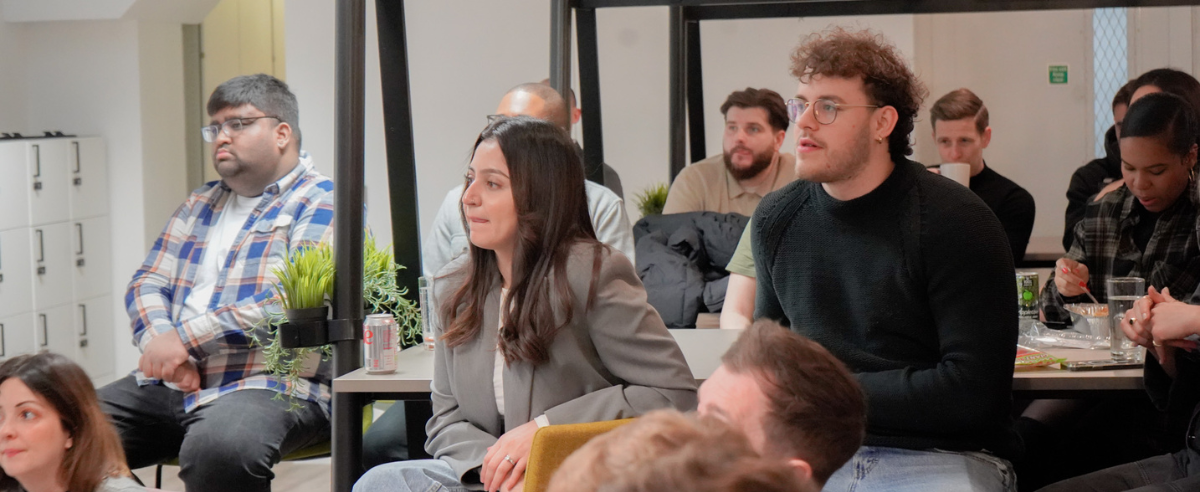
Performative Allyship vs Genuine Allyship: Building an Inclusive Workplace
Maintaining an authentically inclusive workplace environment means recognising the difference between performative and genuine allyship.
Performative allyship can be deceiving. It may seem supportive at first glance, but it typically lacks the depth and commitment needed to make a real impact. Genuine allyship, however, involves consistent actions, self-awareness, and a focus on breaking down the systemic barriers that block real change from occurring.
Performative allyship
Performative allyship can be seen as superficial or tokenistic support which is more often than not driven by a need to maintain appearances rather than having a genuine concern for marginalised groups.
As noted by Dr. Charlotte Walker-Said, scholar and activist, performative allyship ‘focuses on how things look rather than making meaningful change, often benefiting the ally more than the community they claim to support.’
You can often see this in workplaces, where posting on social media during a trendy moment is seen as more impactful than any real internal changes. This shifts and undermines significant progress in implementing a more equitable workplace, and instead leans towards a desire to be seen as an ally.
Genuine Allyship
Genuine allyship is focused on learning and empathy. It’s a proactive effort to better understand and acknowledge the experiences of marginalised communities. D&I expert Janice Gassam Asare stresses that ‘true allyship involves showing up consistently, speaking out even when it's uncomfortable, and actively working to dismantle systems that perpetuate inequality.’
Practicing genuine allyship means advocating for equitable policies, amplifying underrepresented voices, and nurturing an inclusive workplace culture.
How Do We Make an Impact?
Companies and organisations need to foster an environment where accountability and reflection is prevalent to promote genuine allyship in the workplace. Dr. Derald Wing Sue, a respected psychologist and diversity trainer, emphasises the importance of ongoing education and self-reflection: ‘Allyship is a lifelong journey of unlearning, relearning, and continuous growth.’
Leaders in this situation are often key drivers in setting what kind of allyship takes place – they can empower the type of allyship that is adopted through the policies and transparency they advocate.
Performative allyship and genuine allyship represent two different approaches to diversity, equity, inclusion and belonging. One is easy to observe and often requires the bare minimum to observe while the latter requires deeper conversations and persistence to implement.
Diversity is, and always will be, a core foundation of Trinnovo Group. Genuine allyship is vital in any attempt to build a fairer working future, and we strive to instil this approach at every cornerstone of our service.
If you’re interested in finding out more about how we help build diverse and inclusive workplaces, reach out to me on LinkedIn, I’m always happy to help: https://www.linkedin.com/in/irfaan-choychoo-5887aa175/.
